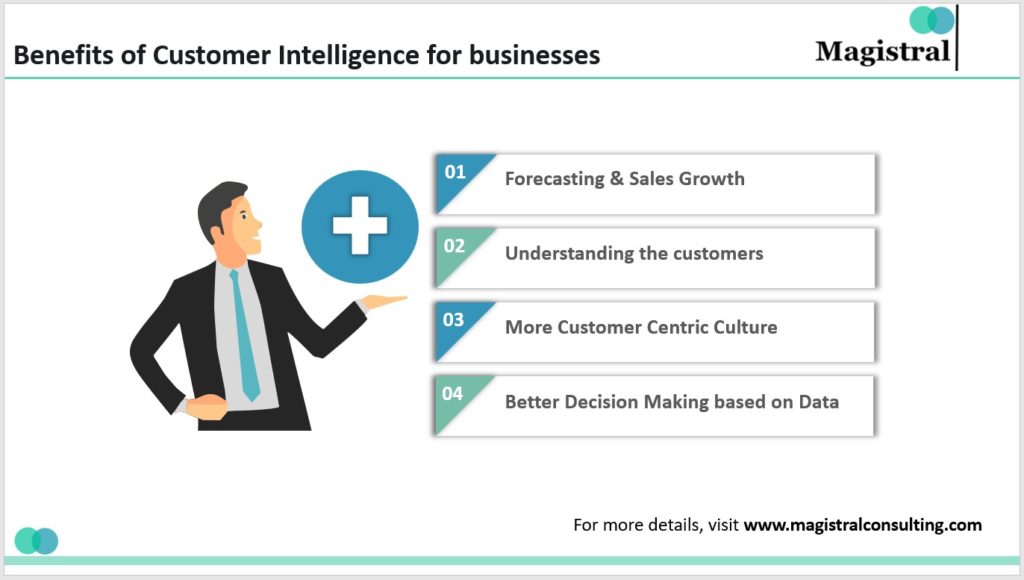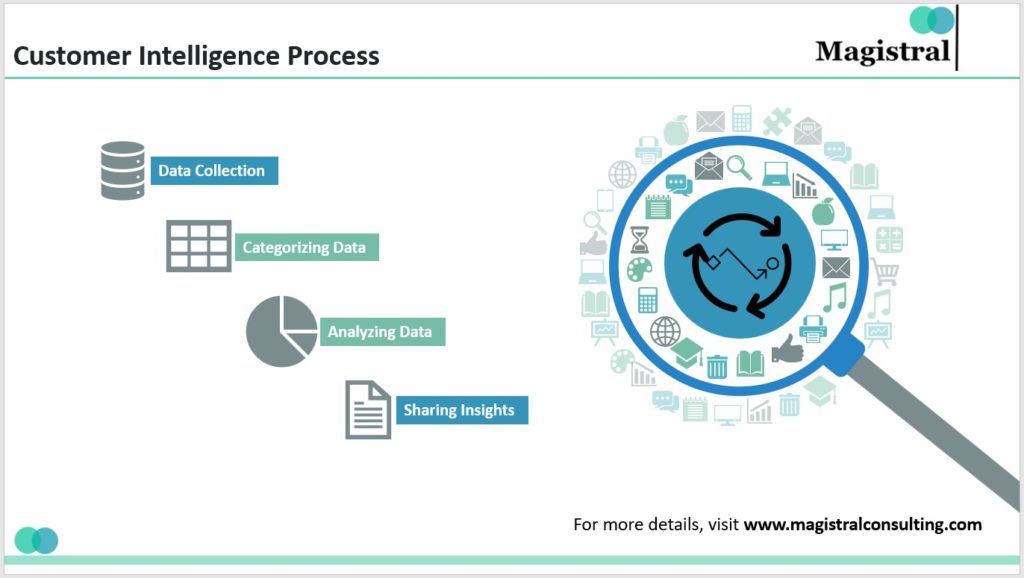Introduction
According to a definition Market Survey has been defined as, “an investigation into the state of the market for a particular product or service, including an analysis of consumers’ needs and preferences”.
A Market Survey seeks to better understand the needs and preferences of the target market by gathering data on its preferences, attitudes, and behaviors. This data is then used to guide marketing and profitable decisions. Market surveys can be used for a variety of purposes, including determining the viability of a new product or service, identifying potential customers and their needs, assessing the success of marketing campaigns, and comprehending the competitive landscape.
Types of Market Surveys
To learn more about a specific market or target audience, various forms of market surveys can be employed. Typical forms of market research include:

Types of Market Surveys
Online questionnaires:
These are questionnaires that are distributed via email or a website via the internet. They are a practical and economical technique to swiftly and easily get data from a vast number of people.
Telephone Surveys:
These are surveys carried out over the phone. They make it possible for researchers to communicate with a diversity of people and gather data instantly.
In-person surveys:
Surveys that are administered in person are those that are done face-to-face, either in a public setting or the respondent’s home. They give researchers the chance to get more information and ask follow-up questions.
Mail surveys:
These are questionnaires that are distributed to a certain number of people via the mail. They can have a low response rate even though they are a comparatively cheap method of data collection.
Focus groups:
These are intimate, interactive gatherings where people are brought together to talk about a specific subject or item. They target a group of people for a particular survey or discussion. They give researchers the chance to learn detailed information from that group of people.
Observation studies:
Studies that use observation involve watching people without influencing their behavior while they go about their daily lives. They offer a chance to collect information about behavior and attitudes in a real-life practice setting.
Purpose of Market Survey
Market surveys have multiple purposes. Some of them are –
Eliciting customer feedback
As we all know networking with customers especially when it comes to gathering customer feedback about the use of a product or service, is critical. Companies should know how the customer feels when using their products, especially vis-a-vis competition. Market surveys can help in gathering this vital information from customers.
Understanding purchase behavior
Surveys can help understand customers’ purchase behavior. This is accomplished by knowing the intent behind the purchase, usage patterns, post-purchase behavior, etc.
Making better products
Once the above customer feedback is gathered, it can enhance and improve product offers and services.
Measuring client satisfaction
This is especially true in the case of B2B customers where a survey of existing and potential clients is used to measure their satisfaction with the services of clients. This is used on a large scale by service-based industries like ITES and consulting.
Basically, a market survey is a study directed toward gathering information about a particular market. This information can be used to better understand the market and to make informed decisions about products or services that will be offered in that market. Market surveys can help businesses to determine the size and characteristics of the target market, identify budding customers, and evaluate the competition. This information can be valuable in developing effective marketing strategies and determining the potential success of a new product or service. Additionally, market surveys can help businesses to identify trends and changes in consumer preferences, which can be useful in adapting to changing market conditions. Overall, the purpose of a market survey is to provide businesses with the information they need to make informed decisions about their products and services and to better understand the market in which they operate.
Benefits of Market Survey
There are several benefits of Market Surveys. Some of them are listed below –

Benefits of Conducting Market Survey
Enhanced understanding of the target market:
A market survey can help organizations gain a deeper understanding of their target market so that they can better recognize their consumers’ tastes, attitudes, and behaviors and design products and services that will satisfy their needs.
Enhanced efficiency:
Market surveys can assist companies in making more informed decisions and cut down on the time and effort needed to obtain market intelligence by easily gathering data from a large number of people. The process is accomplished swiftly.
Cost-effectiveness:
Compared to other research techniques like focus groups or in-depth interviews, market surveys are typically a more affordable approach to collecting data.
Flexibility:
Market surveys can be readily amended or updated as needed and tailored to match a firm’s unique demands.
Objective data:
Market Surveys offer objective data that is gathered from a representative sample of the target market, which can assist firms in making decisions that are more accurate and objective.
Magistral’s Services for Market Survey
Customer needs are changing with the interplay of tech. B2B customers are becoming even more sophisticated in their buying decisions. So, it’s imperative to be on top of your customer’s needs and trends. Our services help you with that while keeping the Marketing costs low and ensuring all activities have a return on investment.
Some of the services that are associated with Market Surveys that are offered by Magistral consulting are –
-Product training: Product training is a program that effectively tells about the company’s products and services.
-Customized survey templates: Customized survey templates are created as per the client’s requirement, adhering to the theme of the product and services.
-Pre-launch survey design review: Sharing the survey design for reviews and thoughts from the client and implementing any changes if required.
-Complementary qualification rate tests: Outlining & analyzing the potential results from the survey to match the particular outcome or meaning generated from the survey.
-Access to niche and B2B targeting: Able to access the niche segment and effective B2B targeting.
-Complex projects launch: Manual launch of the complex projects in segments for feedback and improvising through the process.
About Magistral Consulting
Magistral Consulting has helped multiple companies to reduce operations costs through its offerings in Marketing and Strategy Support.
About the Author
The article is Authored by the Marketing Department of Magistral Consulting. For any business inquiries, you could reach out to prabhash.choudhary@magistralconsulting.com







